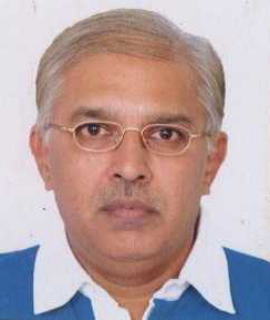Cellular Microbiology and Cytology
Cellular microbiology is a branch of microbiology that combines cell biology and microbiology. Cellular microbiology aims to use pathogenic microbes as tools for cell biology research, as well as to use cell biology methodologies to better understand microorganism pathogenicity. Microbe toxins and virulence factors have been utilized to influence and research eukaryotic cell processes for decades. It's becoming clear that putting a purified toxin on a cell doesn't necessarily give you the whole picture, and that knowing the toxin's role in pathogenicity, how it promotes the microbe, how it's made, and the co-evolution of the toxin and its host-cell counterparts is critical.
In the medical field, cytology is a frequent tool for determining a diagnosis. Cytology examinations analyse specific types of cells using small volumes of biological tissue or fluid. Cytology tests can be used to examine practically any part of your body. In contrast to histology, which is the study of complete human tissue, cytology is the study of individual cells in the body. In strict terms, cytology is the study of normal cells, while cytopathology is the examination of cells in the setting of disease.
- Co-Infections and Microbiota
- Interactions Between Microbes
- Pathogenic or Mutualistic Relationships
- Prokaryotes and Eukaryotes
- Structural or Genetic Approaches
- Cytochemistry
- Immunocytochemistry
- Electron Microscopy
- Molecular Cytopathology

Xingmin Sun
University of South Florida, United States
Bing Chen
Memorial University, Canada
Shailesh R Dave
Xavier’s Research Foundation, LCRD, India
Michaela Hostetler
The Ohio State University, United States


Title : Degradation of chitin using chitinase produced from molecular identified bacteria
Afra Mohammed Baghdadi, Jeddah University, Saudi Arabia
Title : Antibiotic resistance of clostridioides difficile
Xingmin Sun, University of South Florida, United States
Title : Metagenomics of the saline habitats of coastal Gujarat, India: Emerging potential for biocatalysis and bioremediation
P. Satya Singh, Saurashtra University, India
Title : Molecular Response Analysis for Lentinus squarrosulus AF5 under Azo dyes Stress: An Integrated Proteome Dynamics and Putative Metabolic Cascade
Anshu Mathur, Indian Institute of Technology Roorkee, India
Title : The necessity for innovative biotechnological solutions for the treatment of dying and textile effluents and their prose and cones
Shailesh R Dave, Xavier’s Research Foundation, LCRD, India
Title : In search of obesity-linked signature gut microbial features and species contributors of reproducible pathway shifts
Deep Chanda, National Institute of Technology, India